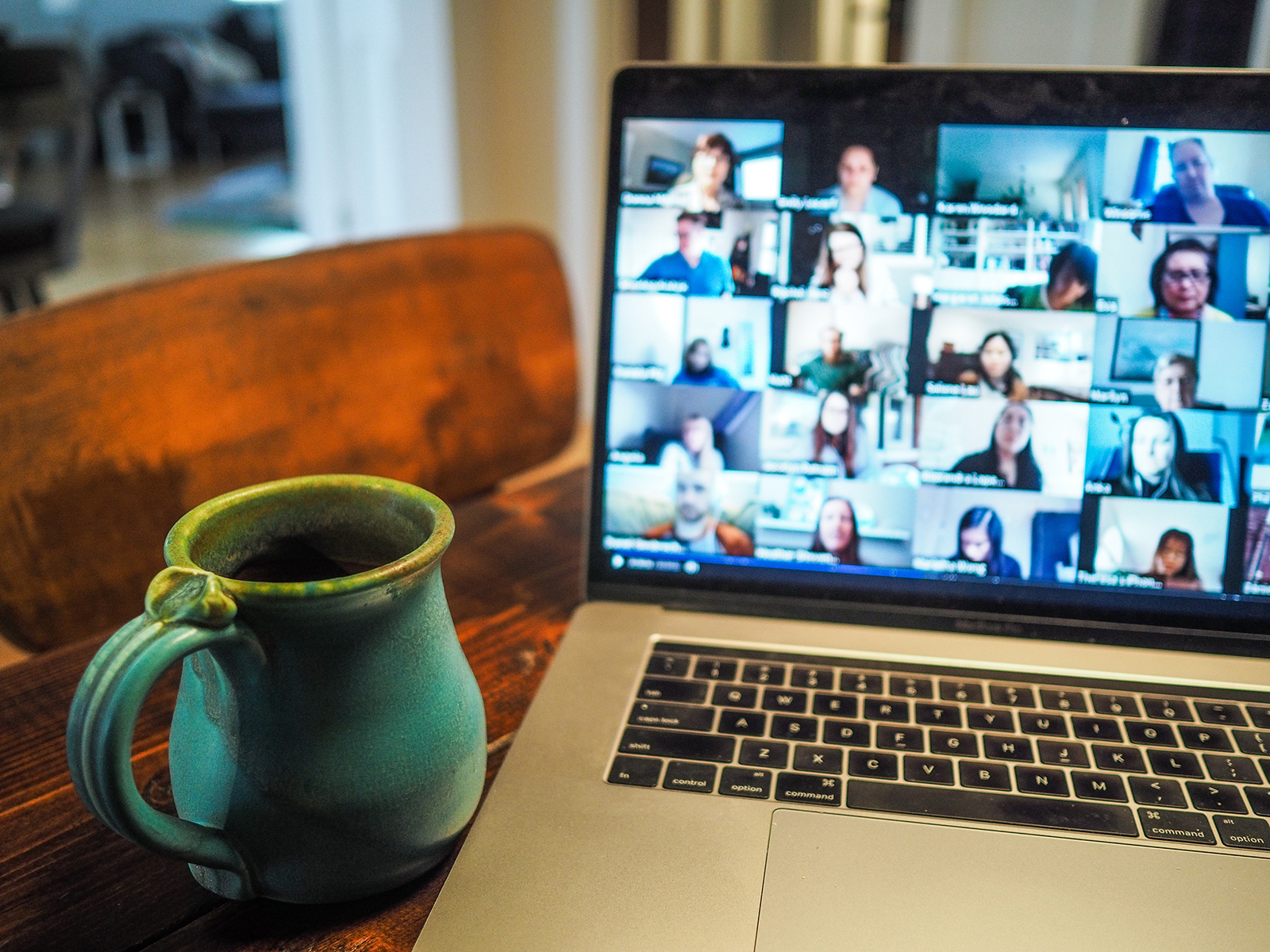The Tech in Churches report also noted many pastors and volunteers were worn out by the demands put on them during the pandemic, including the “duties, tasks, and frustrations” involved in streaming services. Creating community online also required a different set of skills than those needed to create community in person, something pastors also struggled with, according to the report.
Still, pastors were aware that continuing online services would be important in the future, in order to serve congregation members who are not able to return in person.
“One pastor acknowledged how there was a more vulnerable group of congregants who, even after the COVID-19 pandemic, would still be required to watch online for whatever reason (those who are immunocompromised, elderly, etc.),” according to the report. “This meant for church leaders that if they wanted to serve these communities, they still needed to be committed to online worship in one form or another so that people could tune in from home.”
The debate over online worship is part of a larger conversation about the ongoing fallout from COVID-19 on church life, which has left clergy and church leaders worn out and many churchgoers disconnected.
In October 2020, Episcopal priest Elizabeth Felicetti, rector of St. David’s Episcopal Church in Richmond, Virginia, shared in The Atlantic a frank account of the stress of navigating pandemic life in a congregation. The commentary has evoked strong reactions, both pro and con, she said. While people have accused her of wanting to hurt the Episcopal Church, she loves the denomination, she said. But, she added, if she wants to find a way to help, she needs to be honest.
She senses that some congregants have simply gotten out of the habit of Sunday morning church attendance, she said.

Photo by Chris Montgomery/Unsplash/Creative Commons
After months of doing something else on Sunday morning, it’s hard to return to church. That’s particularly true, she added, when “church was presented as, you know, a place of potential transmission so it seemed like a dangerous place to go. And then people found other things to do or found that they like sleeping in and having brunch with their family.”
Becca Bruner, co-pastor of Paoli Presbyterian Church, northwest of Philadelphia, said holding services online and in person can be helpful and challenging.
Being in the same room with other worshippers prompts conversation and reflection, Bruner said. On the other hand, viewing a service online may be the first step of entering a community or a small group, where encounters can be as real as those in the flesh, she added.
“When you encounter people who really bother you, you have to learn to love them, even though they are difficult to love. That is church,” she said.
Scott Thumma, a professor of sociology of religion, said church leaders will need to continue to adapt in the future. There’s no going back to the past, he said.
“There are still an immense number of challenges for clergy going forward,” said Thumma, the director of the Hartford Institute for Religion Research at Hartford International University. “They can’t immediately snap back to situations and practices they thought worked. I keep telling clergy that they are going to have to remain open to change. There just isn’t any chance they can go back to the old ways.”
From worship, to children and youth ministry, to community outreach — how you do any of it is up for grabs, Thumma said.
“We live in a different world now.”
This article originally appeared here.

